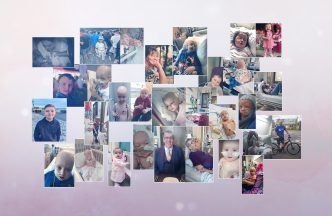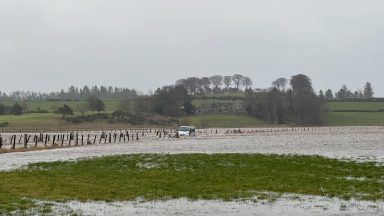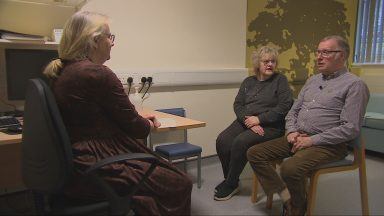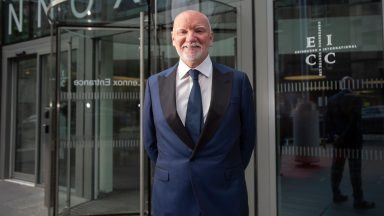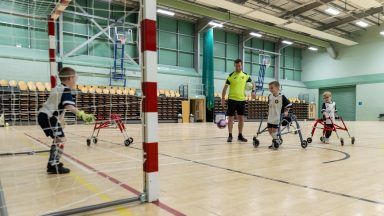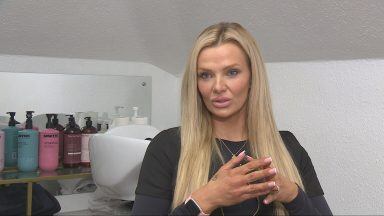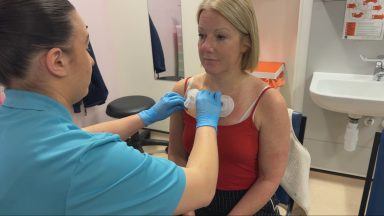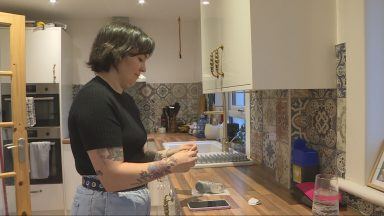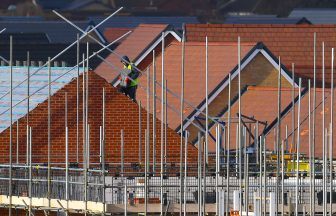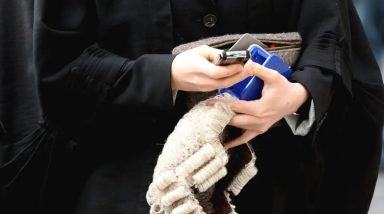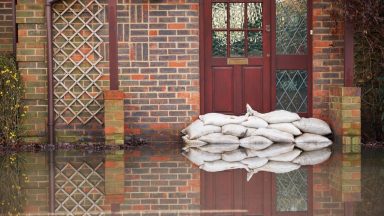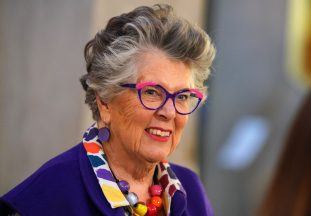Two-thirds of Scots believe relationships and sex education should be compulsory in schools, a study has revealed.
A YouGov survey, commissioned by the National Society for the Prevention of Cruelty to Children (NSPCC), found 67% of adults in Scotland believe children and young people should be provided with age-appropriate, consistent and relevant relationships and sex education.
It comes as the charity calls for all schools to provide age-appropriate education to encourage positive behaviour and protect children from abuse.
The survey, of more than 1,000 Scottish adults, found that at least 90% of adults think it is essential that children and young people should be taught about healthy and unhealthy friendships and relationships.
Meanwhile, 94% think it is important for relationships and sex education to include types of abuse and how to seek help.
 iStock
iStockAdditionally, 93% of the adults surveyed believe children should be taught about online risks, including risks of sending and sharing nude images of someone under the age of 18.
Despite the survey showing public backing for all schools in Scotland to teach relationships and sex education, the NSPCC found that young people consider the delivery of Relationships, Sexual Health and Parenthood (RSHP) education patchy and insufficient.
The charity said that without a stronger statutory foundation, many children will miss out on vital knowledge that could protect them from harm.
The NSPCC said its research shows that consistent education can help young people understand relationships, recognise inappropriate behaviour and abuse, seek help when something is wrong and navigate online pressures.
The charity added that relationships and sex education play a crucial role in breaking down barriers and taboos, giving young people the language to express their experiences, and fostering a positive school culture, helping to tackle poor behaviour.
To ensure every child in Scotland receives appropriate, high-quality relationships and sex education, the charity is calling for regular monitoring by Education Scotland and adequate funding.
“[Sex education] teaches young people about how to recognised healthy, unhealthy and abusive behaviours in others an themselves.”
Joanna Barrett, NSPCC
Joanna Barrett, NSPCC associate head of policy, said it is critical that the Scottish Government ensures that the education system is adequately resourced to deliver.
“We believe it’s crucial that every child and young person in Scotland has access to high-quality, inclusive, relevant and age-appropriate RSHP education,” she said.
“It is essential to preventing abuse, and teaches young people about how to recognise healthy, unhealthy and abusive behaviours in others and themselves.”
She added that from the charity’s work, it is clear that not all pupils in Scotland receive consistent education in this area.
“All other countries in the UK have recognised the importance of this education and have placed it on a statutory footing,” she said.
“It is critical that the Scottish Government shows it truly values RSHP education by upholding the rights of every child to receive it and ensuring teachers and schools are adequately resourced to deliver it.”
Young Women Know, a partnership between NSPCC Scotland and the Young Women’s Movement, has been working with local authorities to campaign for greater awareness of healthy relationships and consent, both on and offline.
Groups like Bold Girls Ken in Perth and Kinross aim to create safe and non-judgmental spaces for young people to speak up.
Fatima Ishaq, a Young Women Know participant, said education is “vital” for young Scots.
She said: “From my experience, and so many other young people across the country, RSHP education is inconsistent and fails to reflect the diverse lived experiences of young people.
“By creating safe and non-judgmental spaces for young people to speak openly about topics like healthy relationships, we can empower them and build their knowledge and confidence.
“High quality RSHP means young people can better understand their bodies, feelings, rights and the experiences of others; reducing stigma and supporting young people to make informed choices.”
The Scottish Government has been contacted for comment.
Young people looking for support on any of the issues mentioned can contact Childline on 0800 1111 or visit the Childline website.
Follow STV News on WhatsApp
Scan the QR code on your mobile device for all the latest news from around the country


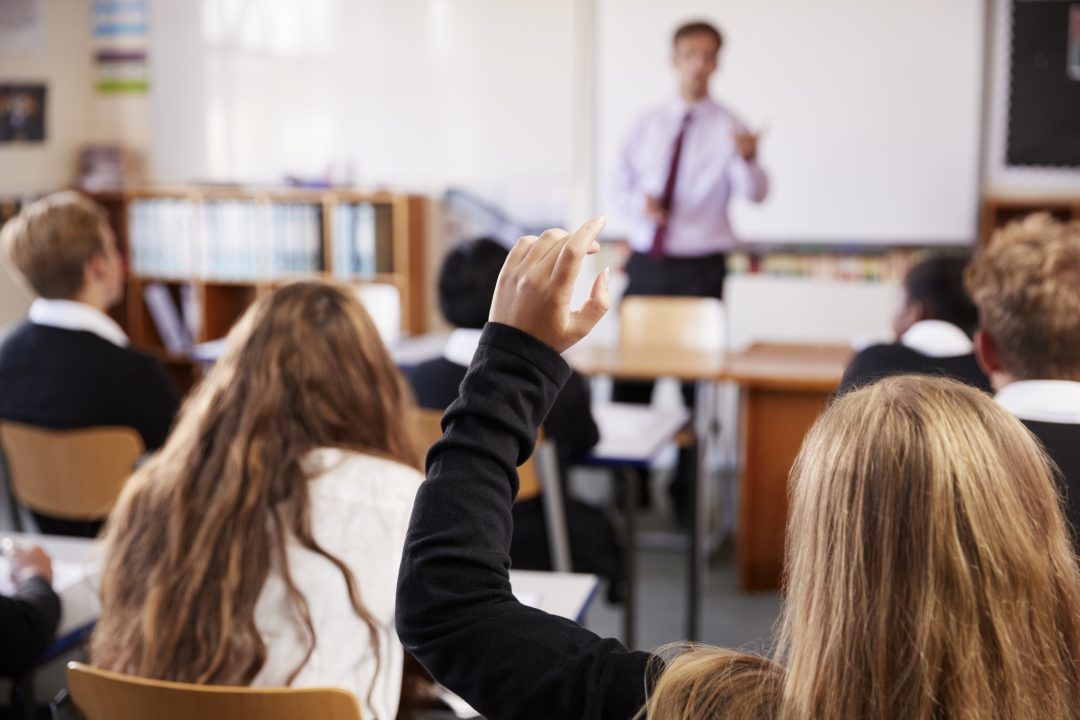 iStock
iStock



